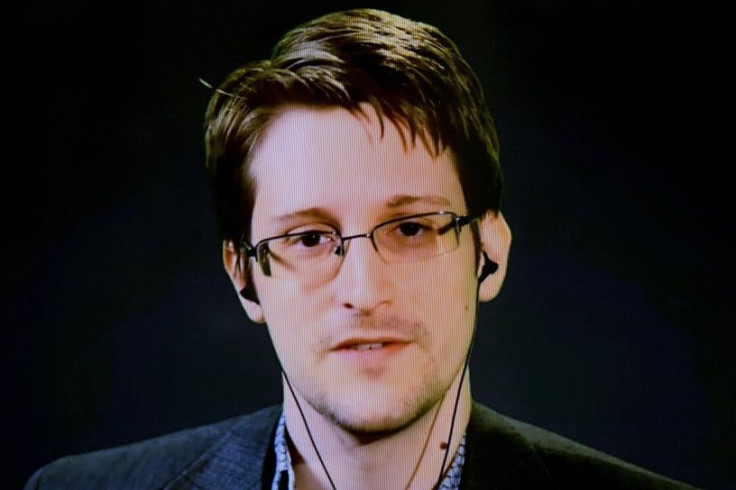Historic Ruling By US Judge To National Security Agency To Stop ‘Spying On’ Lawyer, His Farm

A U.S. federal court has asked the National Security Agency to stop its program of collecting phone call records, the first time the spy agency has received such a request.
U.S. District Court Judge Richard Leon asked the NSA Monday not to collect phone records of California attorney J.J. Little and his farm. The unprecedented ruling is marked as a symbolic victory for those who have been campaigning against the controversial program.
Leon’s ruling will be effective immediately unlike previous ones against the NSA program after whistleblower Edward Snowden exposed it publicly. However, the ruling is mostly symbolic and hardly bears any major significance because it is applicable only for the lawyer and his farm.
Within weeks, the NSA is supposed to stop its controversial program to collect bulk phone records. It will have a more targeted system, as mandated by Congress, which will be effective from Nov. 29.
According to Leon, this might be the last time the court evaluated the NSA program.
"It will not, however, be the last chapter in the ongoing struggle to balance privacy rights and national security interests under our Constitution in an age of evolving technological wizardry," Reuters quoted him as writing.
According to Elizabeth Goitein, the victory is not symbolic even though it may seem so.
“It may seem symbolic, but it isn’t, because there is tangible harm … There would be new data collected and stored for five years, and that’s not nothing,” The Guardian quoted the co-director of the Liberty and National Security Program at the Brennan Center as saying. The ruling ““says you can’t just sort-of comply with the law, which is what the government had been saying it was going to do. There’s not wiggle room in the constitution.”
Snowden called the ruling “historic.”
In historic decision, US Court finds @NSAGov spying violated Americans' rights. Victory! https://t.co/OtBGc3aVuU pic.twitter.com/7thZIGXbyI
— Edward Snowden (@Snowden) November 9, 2015
© Copyright IBTimes 2024. All rights reserved.











